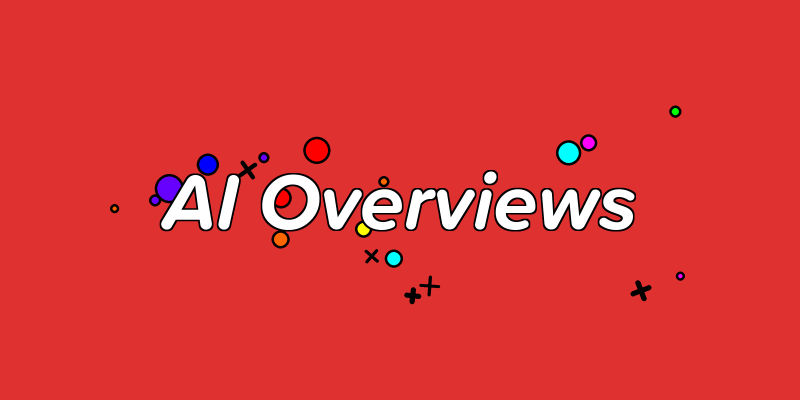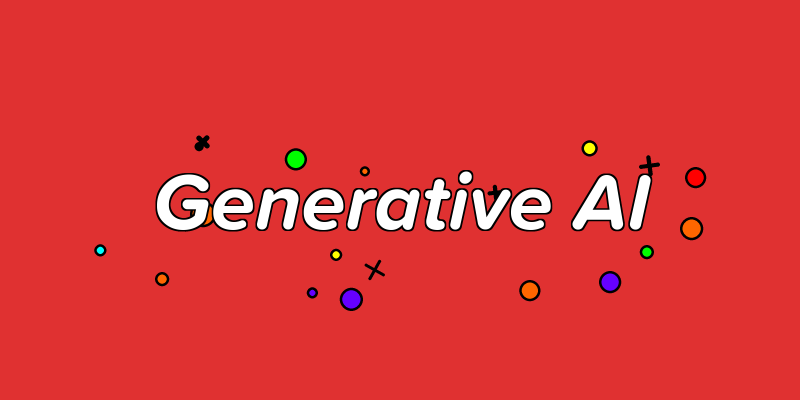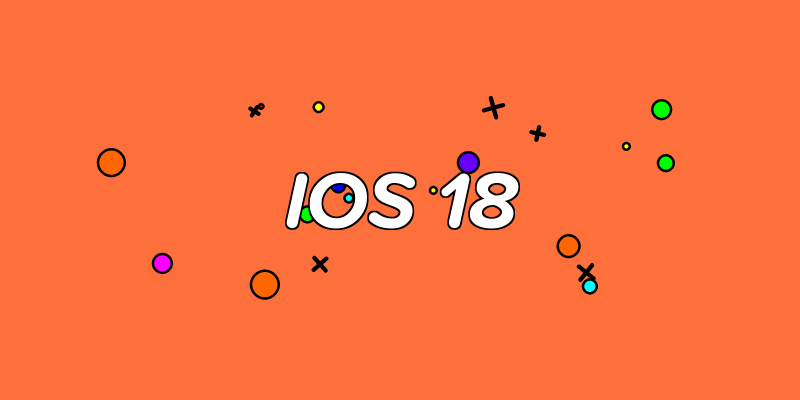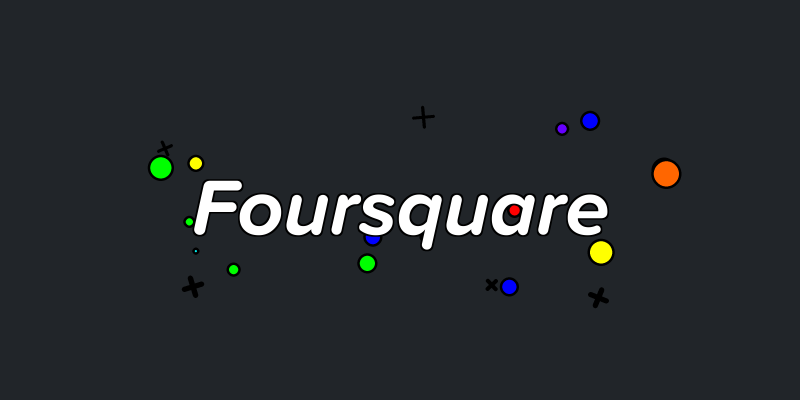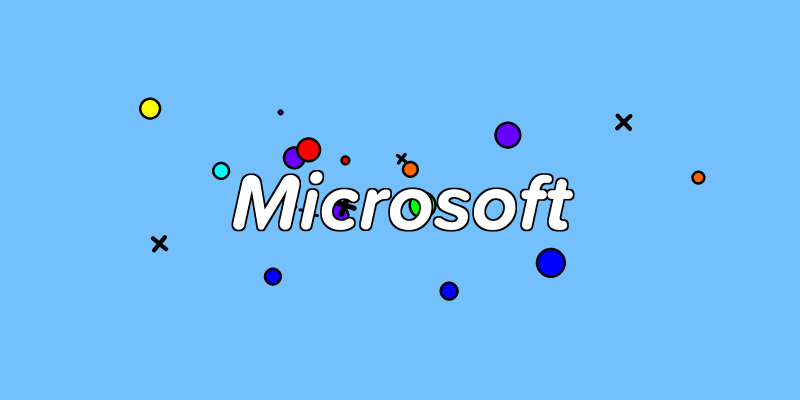
Minecraft Gets Animated Netflix Series for 15th Anniversary
Minecraft, the beloved sandbox game, is turning 15 this year! To celebrate this milestone, Netflix and Mojang Studios have announced an exciting collaboration: an animated series based on the iconic game.
30 May 2024
